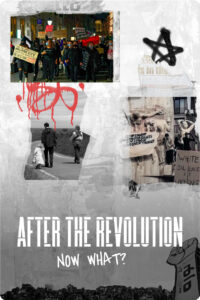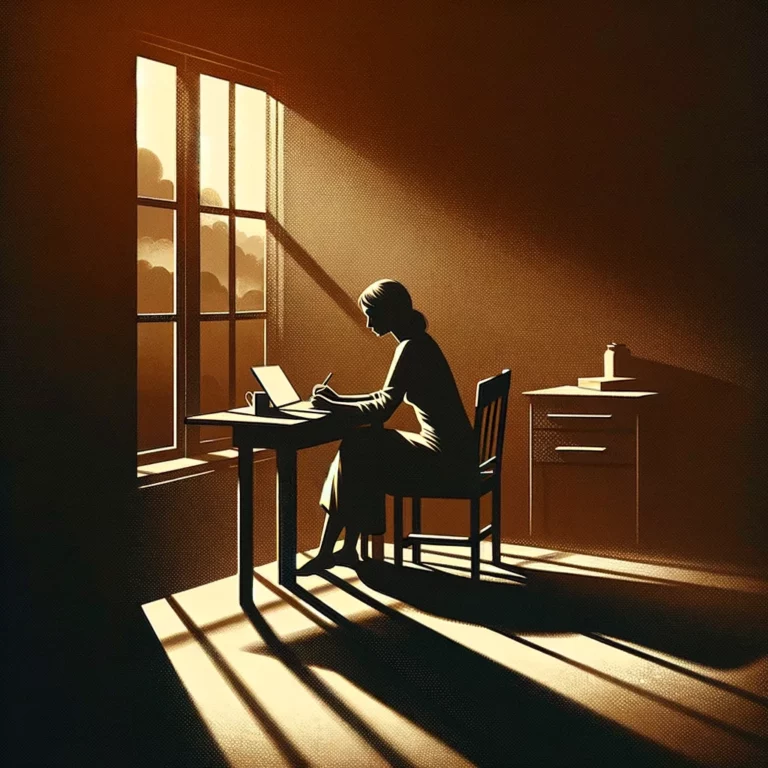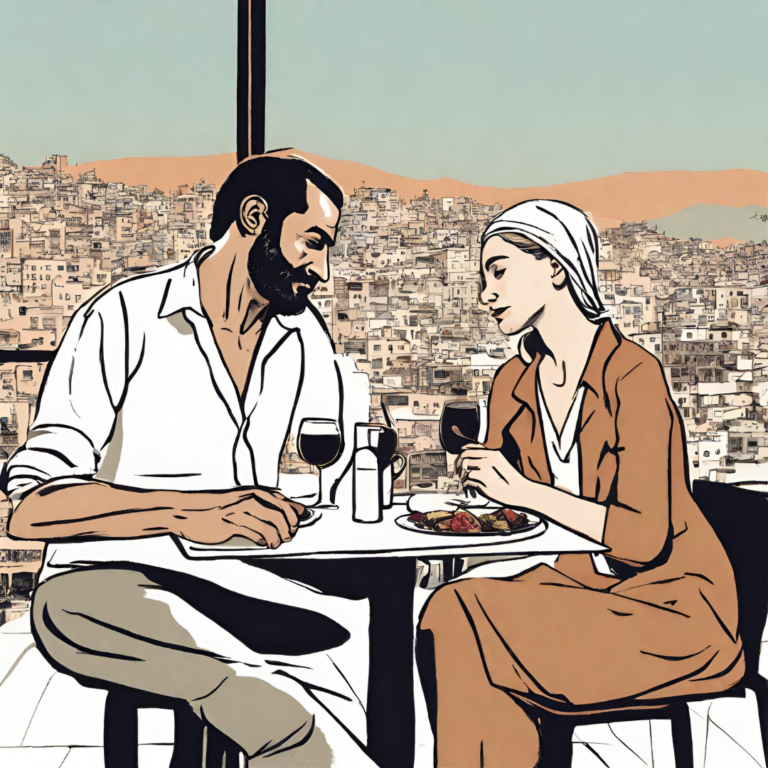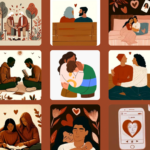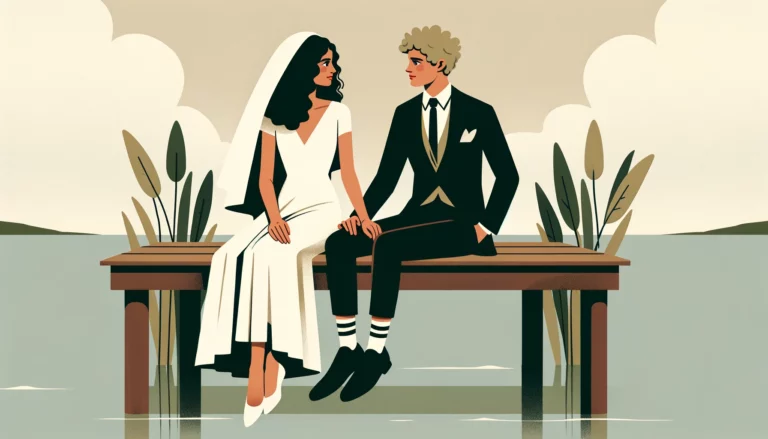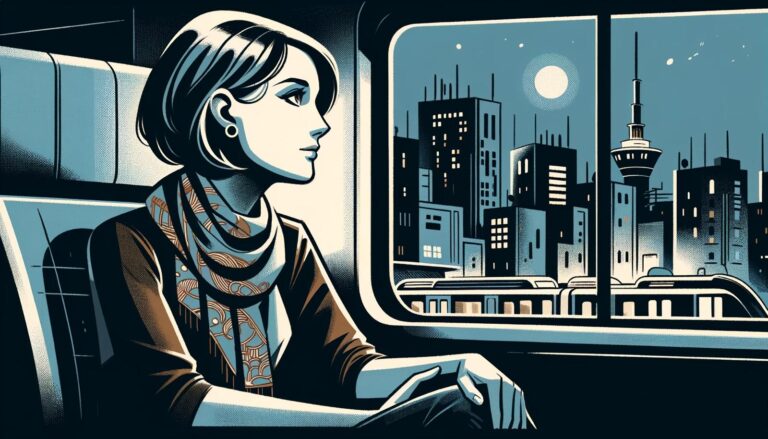Billy,
I’m writing to you from my brother’s in St. Louis, where I arrived safe and sound yesterday evening. This morning I’m up early from jet lag and a storm front that came through during the night.
Since I couldn’t sleep I found myself scrolling through the history of “La Santé” on my phone. I know it sounds strange, but reading about where you are makes this situation a little easier to bear. I learned that the prison was built in the 19th century on top of an old coal market. Before that, there was a “maison de la santé” on the same site (hence the name of the street and prison), which Anne of Austria had moved in the late 17th century to become what is now St. Anne’s psychiatric hospital. I also read about some of the darker eras of the prison’s history – as well as some improbable prison breaks – but I’ll save those stories for later.
Apparently there was a café called “A la bonne santé” across from the prison for many years, on the rue Messier. It closed sometime in the 1980s. I couldn’t find much information about it, except that prisoners’ families often went there after visits and could drop off clean laundry for the inmates in exchange for a few francs.
This is the one moment in our lives where no one will ask us who we are visiting, much less why or for how long.There is no curiosity, judgment or pity. It is a rarity and a relief
Today when “les familles” come to visit, we are received by a private service located within the prison complex itself. It’s a simple space, with lockers to hold our things, a children’s corner with books and toys, and a table where volunteers from a Catholic organization (mostly retired women and a few students) serve us instant coffee while we wait. The families don’t say much to each other, even if we are all there for the same reason. We know the procedure and go through the motions together: sign in, memorize our locker number, its code and our assigned visiting “box,” go through roll call, a security check, a second registration where we can drop off a bag of clean clothes (provided it is the right kind of bag and the right kinds of clothes) and then wait in another room – sometimes for a few minutes, sometimes for many – until we are allowed to “go down” to see you.
At first, the people and place seemed cold to me. I hadn’t yet received a visitor permit – I was only there to drop off laundry – and was still adjusting to this new reality and organization. As the weeks went by the faces of the other families became familiar. The C. family, for example, who come as a trio every weekend: mother, father and brother. The V. family alternates visits between a Russian mother and a Ukrainian girlfriend, who look very much alike. And at every visit there is the S. family, a young pregnant woman and her adventurous toddler who makes us laugh when he climbs on the chairs in the waiting room. Sometimes we wish each other a “nice visit,” but longer conversations are rare. With time I realized that this distance was not cold, in fact, but respectful. This is the one moment in our lives where no one will ask us who we are visiting, much less why or for how long.There is no curiosity, judgment or pity. It is a rarity and a relief.
In any case, I don’t need to speak much with the other families to know that the recent months — or years — have been difficult for them. One Saturday shortly after your arrest I arrived a little late for the laundry drop off. The guard let me in, but warned me that I would have to wait. No problem – I said – all I do is wait anyway – which made the young woman next to me laugh. We spoke briefly and she told me that she had been waiting over four months to receive a visitor permit. She was a minor when her boyfriend was arrested and couldn’t apply until her 18th birthday. Another Saturday I spoke for a minute with a woman whose brother had been detained while awaiting trial for nearly a year. Their mother had applied for a permit but it was refused. They wouldn’t let her speak to him on the phone, either. So you see, things could have been worse for us. We were also spared the difficult months of the pandemic when plexiglass was installed in the visiting boxes. Luckily they’ve taken it out.
But still. The months following your arrest – like the arrest itself – were violent. This day in age, who has to wait as long as we did to speak with a loved one on the phone? Even a soldier in the forest or a shepherd on top of a mountain can make a call. Do you know how many days we waited? 84. And before we could see each other? 95 — nearly fourteen weeks. Before your trial, I sent two visit requests to the courthouse and both were refused, despite the photos, bills and other documents I sent to “prove” our relationship (including a letter from your ex-wife confirming I was your partner). Apparently the prosecutor’s office couldn’t “determine the exact nature” of our ties. Even more violent: when I saw you in the courtroom for the first time in weeks and the judge threatened to throw me out for looking at you. It is forbidden to communicate with him – she said – even with your eyes. Weeks later, when you still couldn’t phone, I called every prison service for which I could find a number. No one could help, but everyone reminded me that I could write you a letter. As if we hadn’t already written enough to fill a book. These letters saved us, but they didn’t suffice. How could we talk about what had happened and everything we needed to do when each letter took a week to arrive? When every word could be read and potentially used against you?
One time a letter was lost. I don’t know how. The mail service said that the envelope arrived empty at the prison. When I sent it a few days prior, it contained a card for you from my mother (an important gesture), a drawing I made at the park and a copy of the letter I had sent the prison director, begging him to at least let you call your son, because he couldn’t stand the silence any longer. What was a difficult season for us was an eternity for him. He was angry. He didn’t understand. After a while he stopped believing his mother and myself when we assured him that you hadn’t forgotten him. That you would eventually be able to call and, someday, come home.
I know that the families of inmates aren’t in prison, but are we really free? Our lives are structured, bound and bruised by the same walls that surround you. You once told me that time seems to stop on the inside. For those of us outside, it’s split in two
He and I made drawings together while we waited. He mailed them to you and asked you to rate them 1-10. He smiled every time you answered another 10/10! As for myself, it helped to plan on precise times when you and I could meet in thought. Like Saturdays at 2pm, at the laundry drop off. I would walk down the boulevard and listen to the inmates’ voices coming from the courtyard, hoping to hear yours. On Sunday evenings we would watch Enquête Exclusive and discuss the episodes in our Monday letters. Once I had to turn the TV off in the middle of a report on political prisoners in Russia, when a woman showed the journalist her husband’s shorts, still hanging over the back of a chair in their bedroom. It reminded me of the shoes and watches I had to hide after you disappeared. It was too painful to look at them.
I know that the families of inmates aren’t in prison, but are we really free? Our lives are structured, bound and bruised by the same walls that surround you. You once told me that time seems to stop on the inside. For those of us outside, it’s split in two. Like everyone else, we have to manage everyday time, with its incessant pressure and flow. At the same time, we share the monotonous, viscous nature of prison time with you. Learning how to navigate the two – how to uphold responsibilities ( yours in addition to our own), resist judgment and continue to seize opportunities all while remaining by your side in the timelessness of incarceration – is a heavy and delicate balancing act. For myself, it feels like you are stuck on a rock in the middle of the ocean and I have to swim circles around you so as not to be carried away. I am trying to stay brave and keep my head above water. To laugh with you and talk about our future, so as to forget the laps we have left to go.
Help us tell the world to you !
Frictions is launching its club : by supporting Frictions, you’ll be supporting a community of authors and journalists who tell the world through intimate stories!

At first, the only bouy in the middle of these waters was the family mediator who met with me a week after you were sentenced. You had asked her to contact me, hoping she could help us stay connected. It was the first time that a representative of “the system” didn’t see me as naive, manipulated or difficult, but as your partner, in a state of shock and mourning. The other moment of deep relief came when I was finally allowed to see you. I can still remember your face appearing in the door of the visiting box. Your smile. Prison visits go by quickly – how much can you cover in 45 minutes? – and the security measures are time consuming. But from the moment I could hold you in my arms my body finally understood that you were okay. I left the box with a new sense of hope and a paper ring.
I don’t know if it is true, but I read that there was a slogan on the wall of the café on rue Messier that read: better off here than across the street.I imagine this was true for most of the café’s patrons. But for us – the mothers, fathers, sisters, brothers, children and partners of an inmate – we aren’t better off anywhere. The prison guards may “free” us after each visit, but our hearts will return with you to your cells. I am learning to live with this difficulty like others manage problems related to their health, finances or heart. I remind myself that we are lucky because you will only have to stay for 12 to 18 months. This is a long time for a couple who wanted to start a family, but I am not giving up on this dream. For now keep your back straight, Billy, and your feet on the ground. We can continue to build, around and on top of these walls. In spite of them.
Hang in there – I love you and am proud of you.
Mo

